What Writing Is & Is Not
Writing is hard work–cognitively demanding and accessible via skill and perseverance and grit. Read more about what writing is & is not.
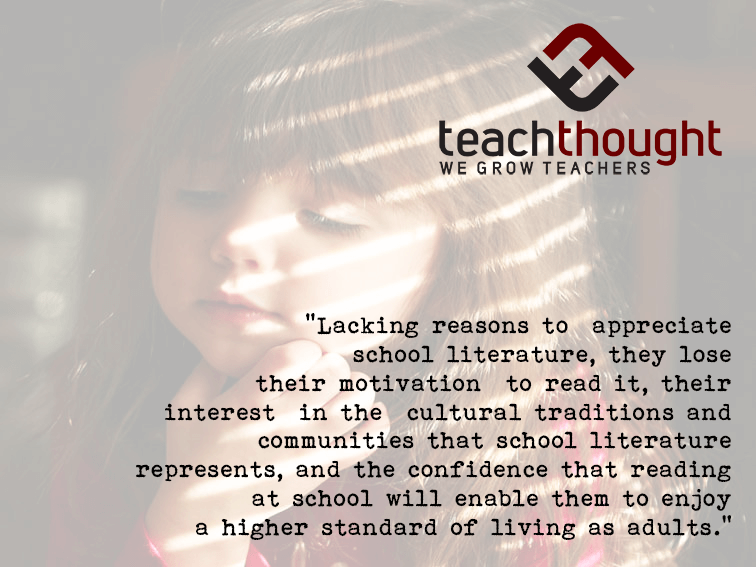
Writing is hard work–cognitively demanding and accessible via skill and perseverance and grit. Read more about what writing is & is not.
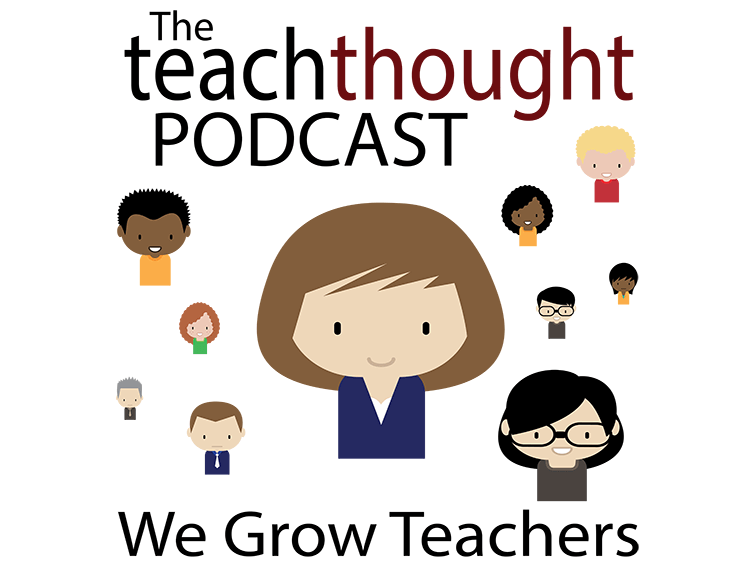
Woo-Hoo! The TeachThought Podcast Passes 100,000 Downloads! by Terry Heick Summary Start a podcast, they said. It’ll be fun, they said. So we did, and you’ve downloaded it over 100,000 times. That’s pretty cool. About The TeachThought Podcast Due to the hard work of TeachThought Professional Development Director Drew Perkins, the TeachThought podcast has reached…
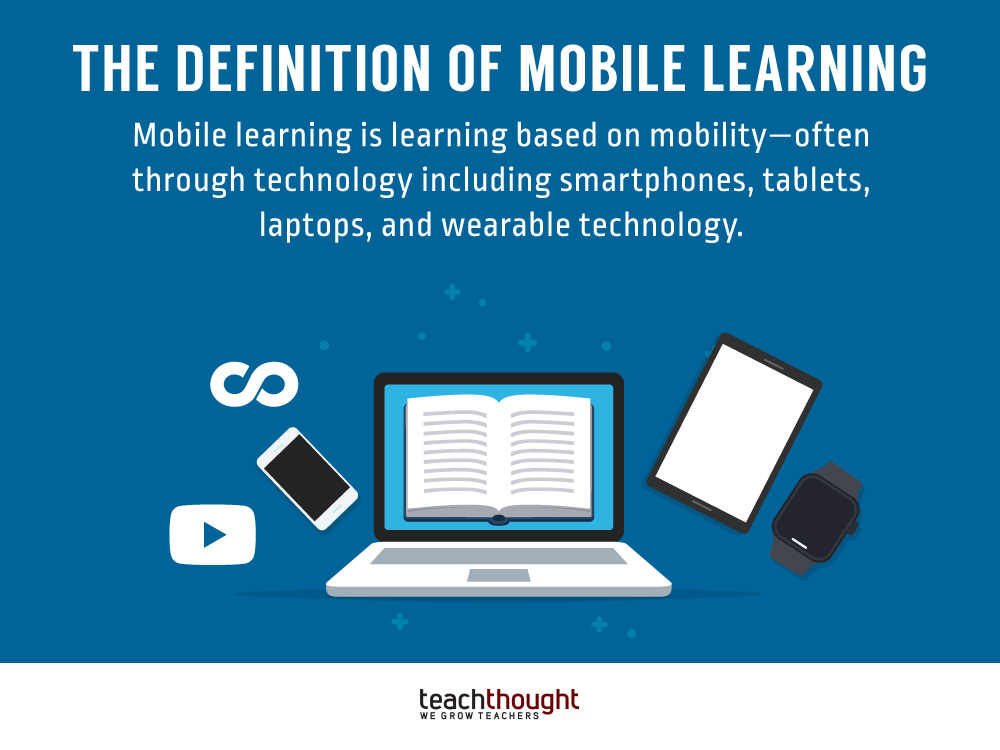
While often characterized by technology, mobile learning is learning characterized by the need and ability of the learner to be mobile.
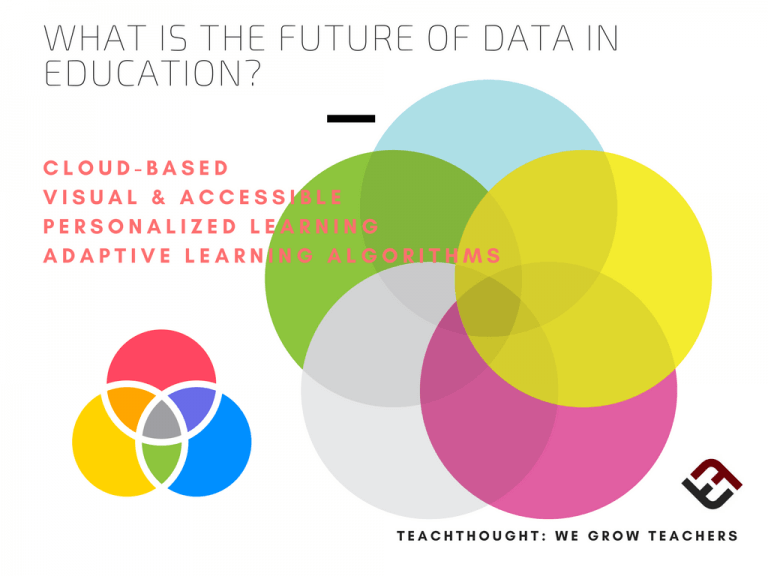
What is the future of data in education? Improved visualization and smarter algorithms to personalize learning for students.
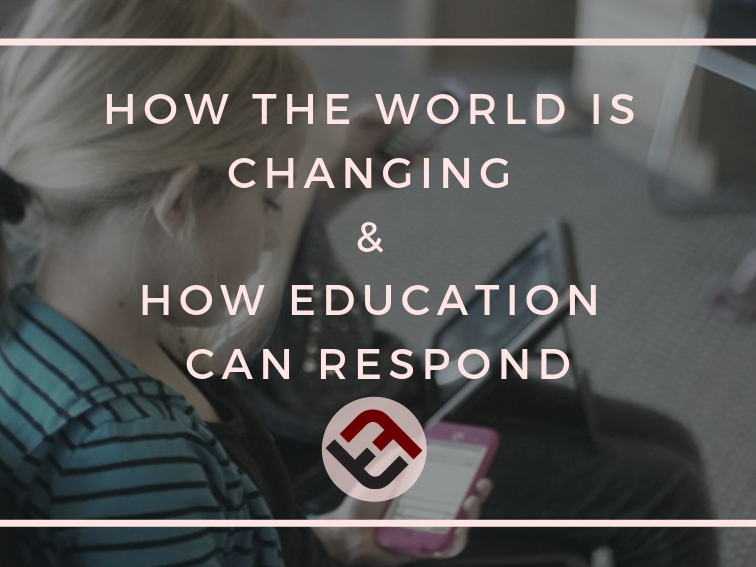
The world is changing, but that’s always been true since the world began. What is worth examining is the pace and scale and effects of those changes.
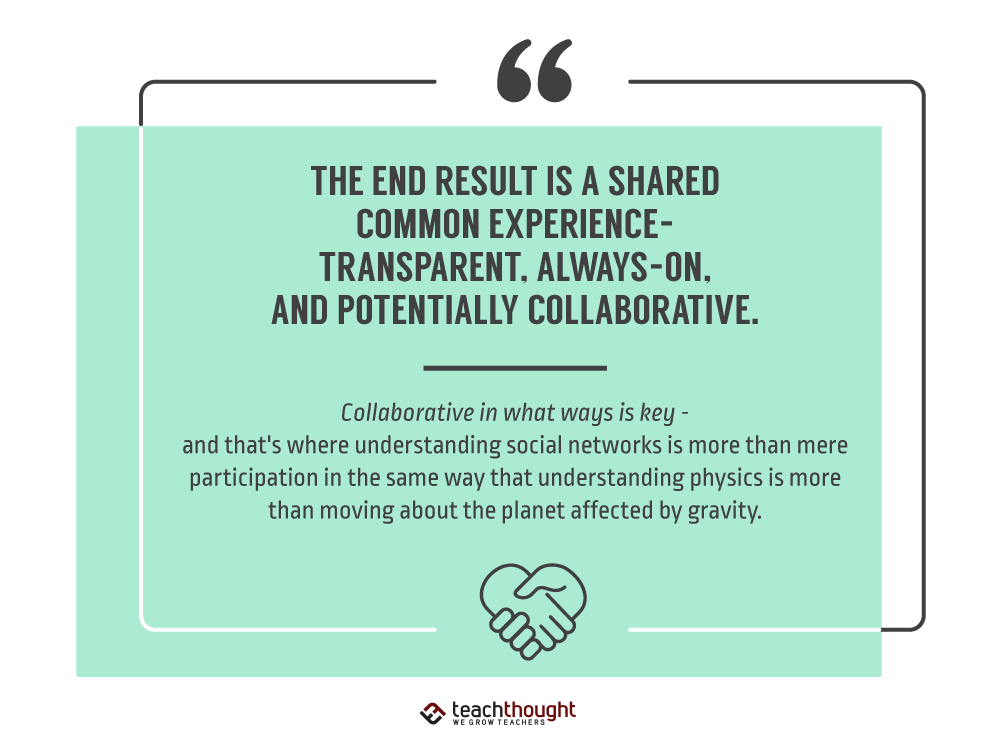
Understanding social media is more than using it in the same way that understanding physics is more than simply being affected by gravity.
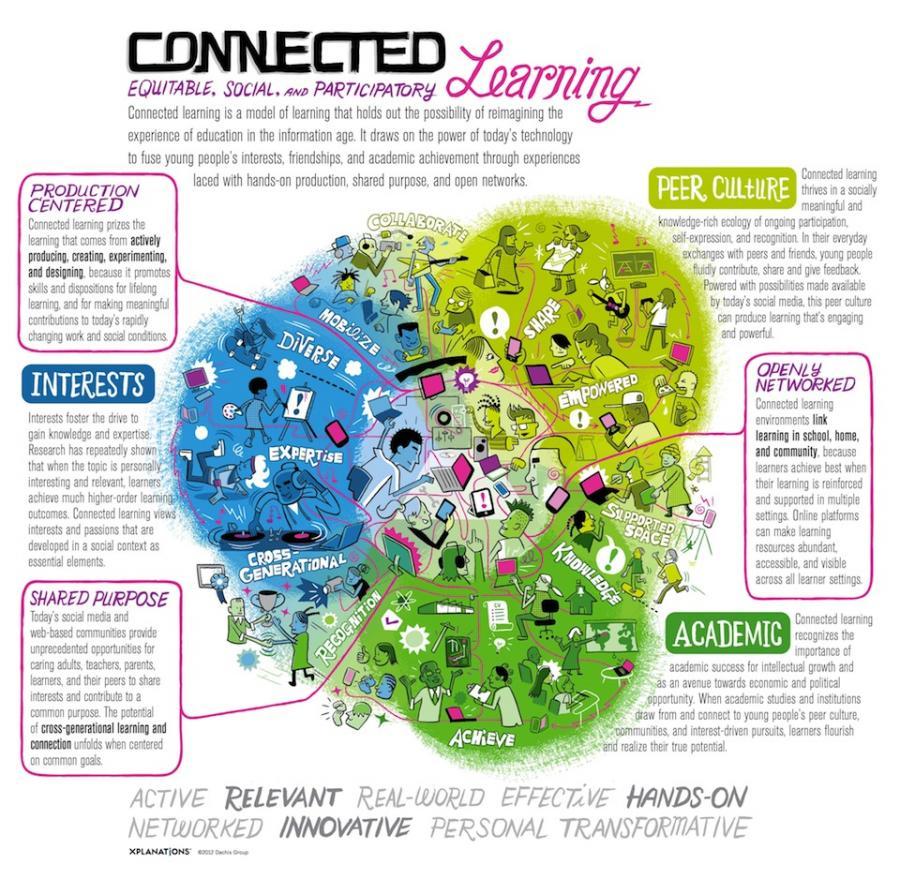
The possibility of 21st century schools & a unique academic “identity” emerging across the US have been reduced in pursuit of uniformity.
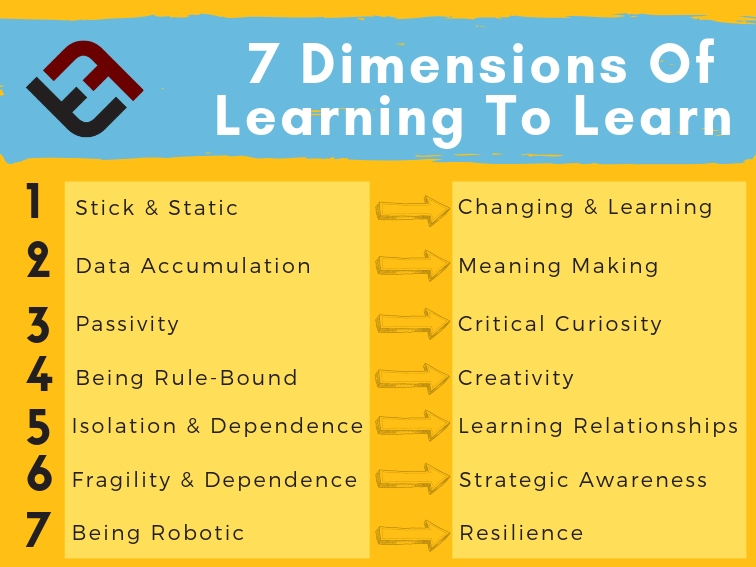
Making the shift in your mind — from learning content to learning how to learn — is important for these dimensions to be relevant.
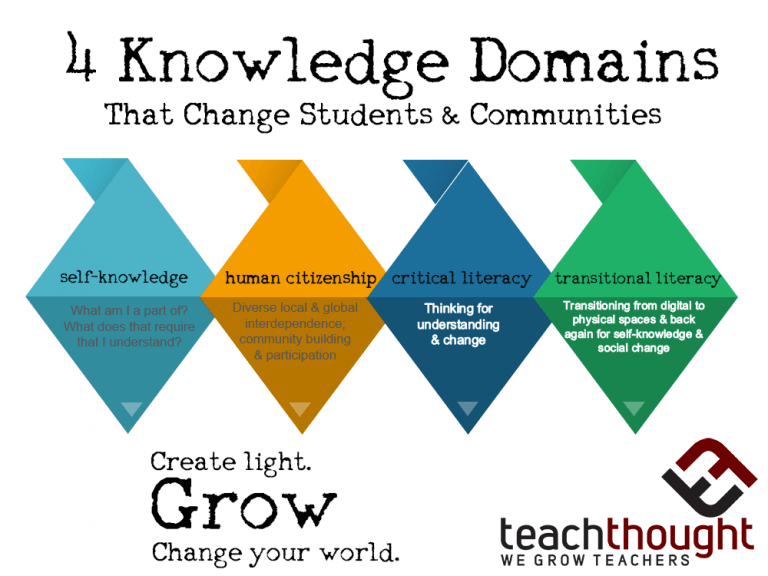
The idea here is to clarify the kinds of critical knowledge that create actual change in the lives of students and communities.
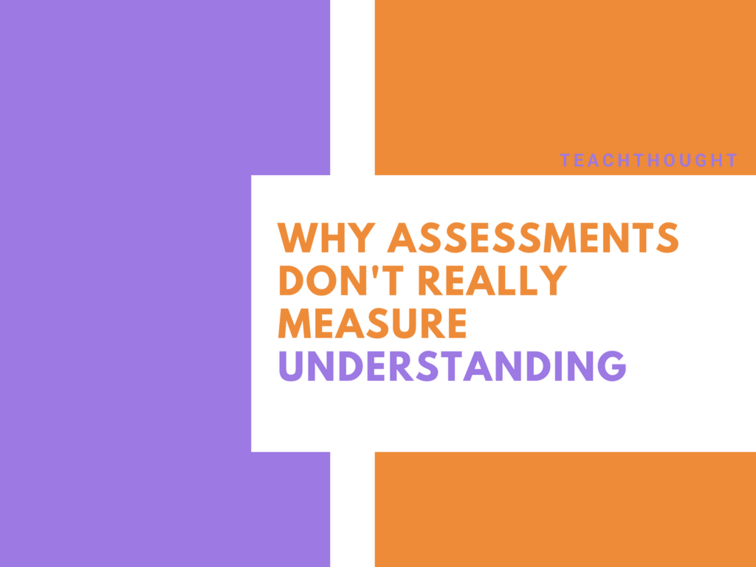
If you can show all assessment results, learners may realize that understanding is evasive, evolving, and as dynamic as their imaginations.
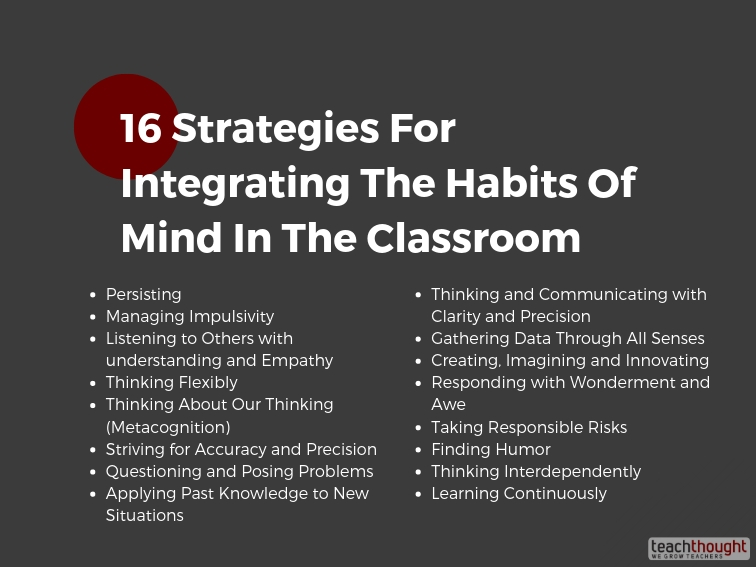
How do you use the Habits of Mind in the classroom? Start with modeling, RAFT assignments, and metacognition.
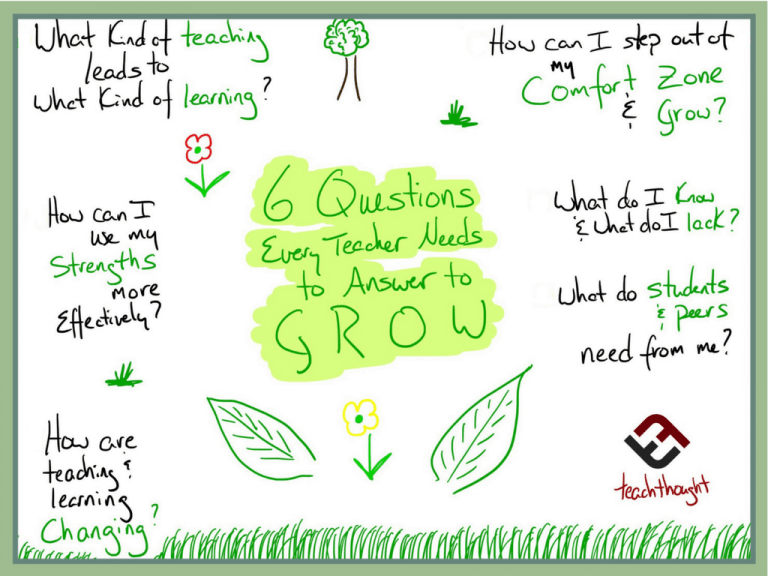
Growing as a teacher requires knowing what you know and what you don’t know, and neither are as simple as they seem.